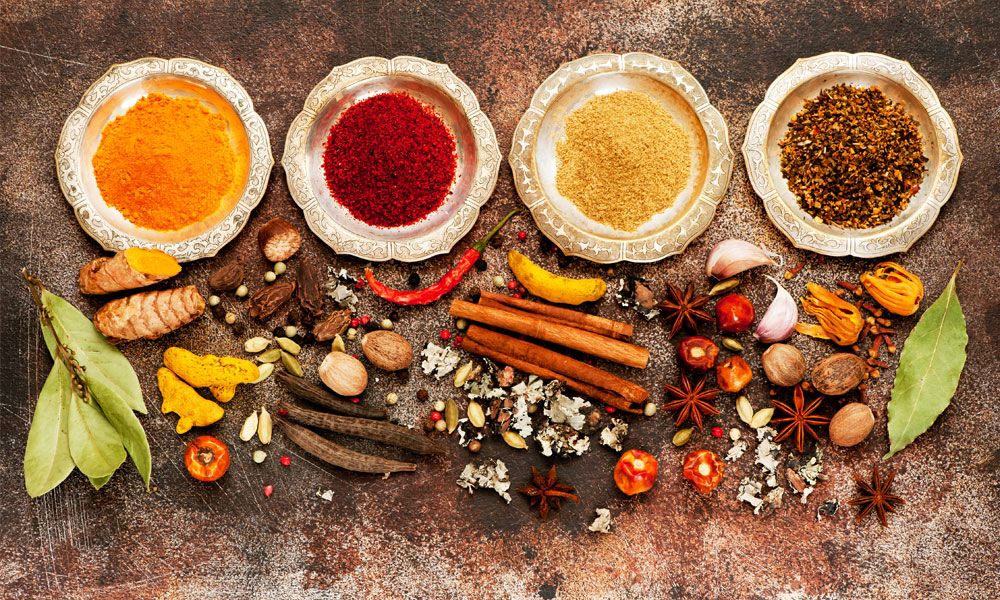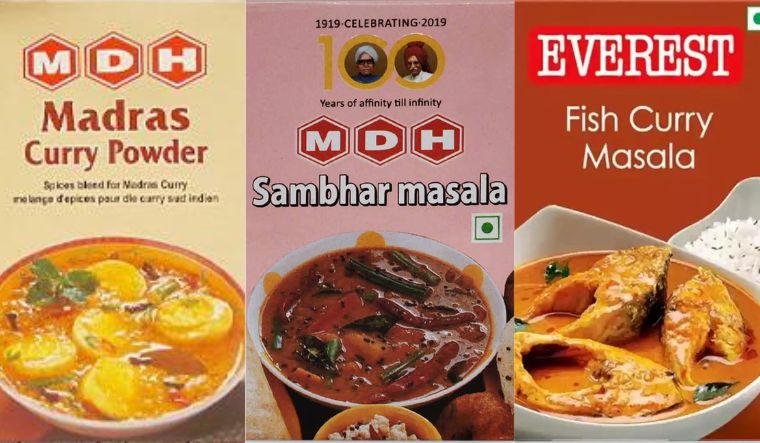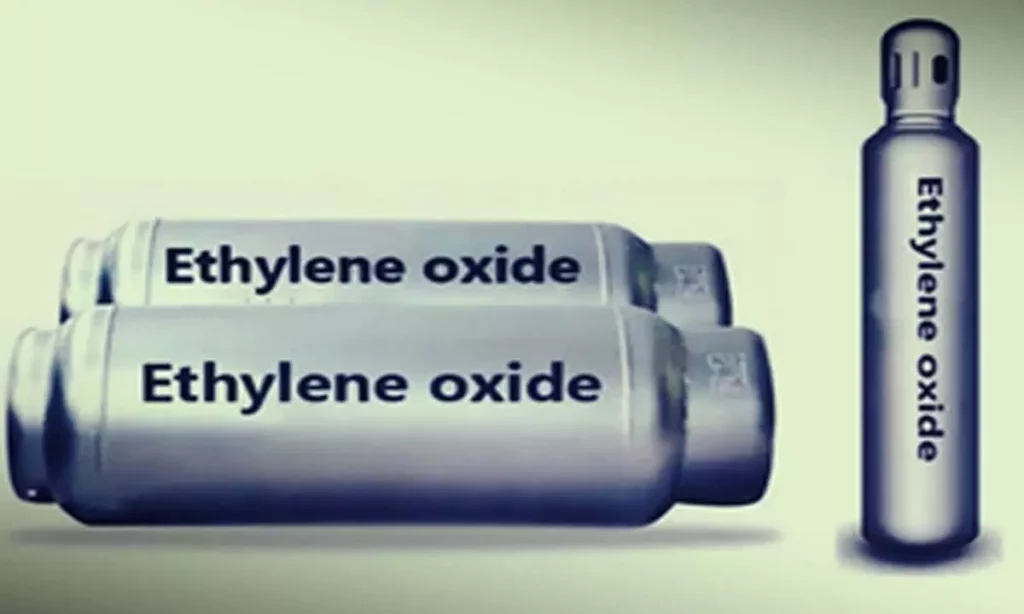The one thing we Indians can’t do without is our ‘masaledaar khaana‘. Our spices are world famous. But recently our spices have come into the light for not-so-good reasons. India’s Top 2 masala brands MDH and Everest were banned in Singapore and Hong Kong.
Hong Kong’s food safety authority, the Centre for Food Safety (CFS), has issued a ban on four spice products from the well-known Indian brands MDH and Everest. The ban was imposed after tests revealed the presence of ethylene oxide – a chemical classified as a carcinogen, in these products. It is a harmful pesticide deemed unfit for human consumption.
The affected products include MDH‘s Madras Curry Powder, Mixed Masala Powder, and Sambhar Masala, along with Everest‘s Fish Curry Masala. This decision prompted Singapore’s Food Agency (SFA) to follow suit, specifically recalling the Everest Fish Curry Masala due to levels of ethylene oxide exceeding the permissible limits.

Also Read: The New boAt Campaign Sparks A boAt Versus Apple Feud On The Internet
The SFA emphasized that the short-term risk of consuming products with low levels of this pesticide is minimal. However, they did highlight the hazards linked to prolonged consumption because of its carcinogenic nature. These discoveries were made during routine food surveillance programs in Hong Kong.
Under Hong Kong law, specifically the Pesticide Residues in Food Regulation (Cap. 132CM), food products are prohibited from sale if they contain pesticide residues that are dangerous or prejudicial to health.
Following the bans, the CFS has instructed vendors to withdraw these products from the market and has initiated further investigations into the matter. They have indicated that “appropriate action” may be taken following these investigations.

India’s Actions
In response to these international actions, India’s food safety regulator has announced plans to conduct quality checks on MDH and Everest Group products to test for the presence of ethylene oxide. These checks aim to ensure compliance with safety standards and to prevent potential health risks to consumers. “We are looking into the matter. We are at it,” Spices Board of India Director, A B Rema Shree said.
What Is Ethylene Oxide?
The United States Environmental Protection Agency (USEPA) and the International Atomic Energy Agency (IARC) have both designated ethylene oxide as a known human carcinogen. Types of cancer that are most frequently linked to exposure to ethylene oxide are lymphoma, leukaemia, and breast cancer. These cancers frequently result from workplace risks or procedures used to sterilize products.
Can Ethylene Oxide Cause Cancer?
There have been grave concerns lately regarding the contamination of food and the potential health risks associated with them. Different doctors have expressed their concerns about the issue ever since the news came to light.

Suparna Mukherjee, Charge of Clinical Nutrition, Narayana Health City, Bangalore, expressed her concern as she emphasized the toxicity of ethylene oxide and how the International Agency for Research on Cancer (IARC) has classified it as a top-level carcinogen. Mukherjee said that extended exposure to ethylene oxide from contaminated food products increases the risk of cancer, especially for susceptible groups.
The results and subsequent actions from these inspections are awaited as MDH and Everest have not yet made public statements regarding the issue.


